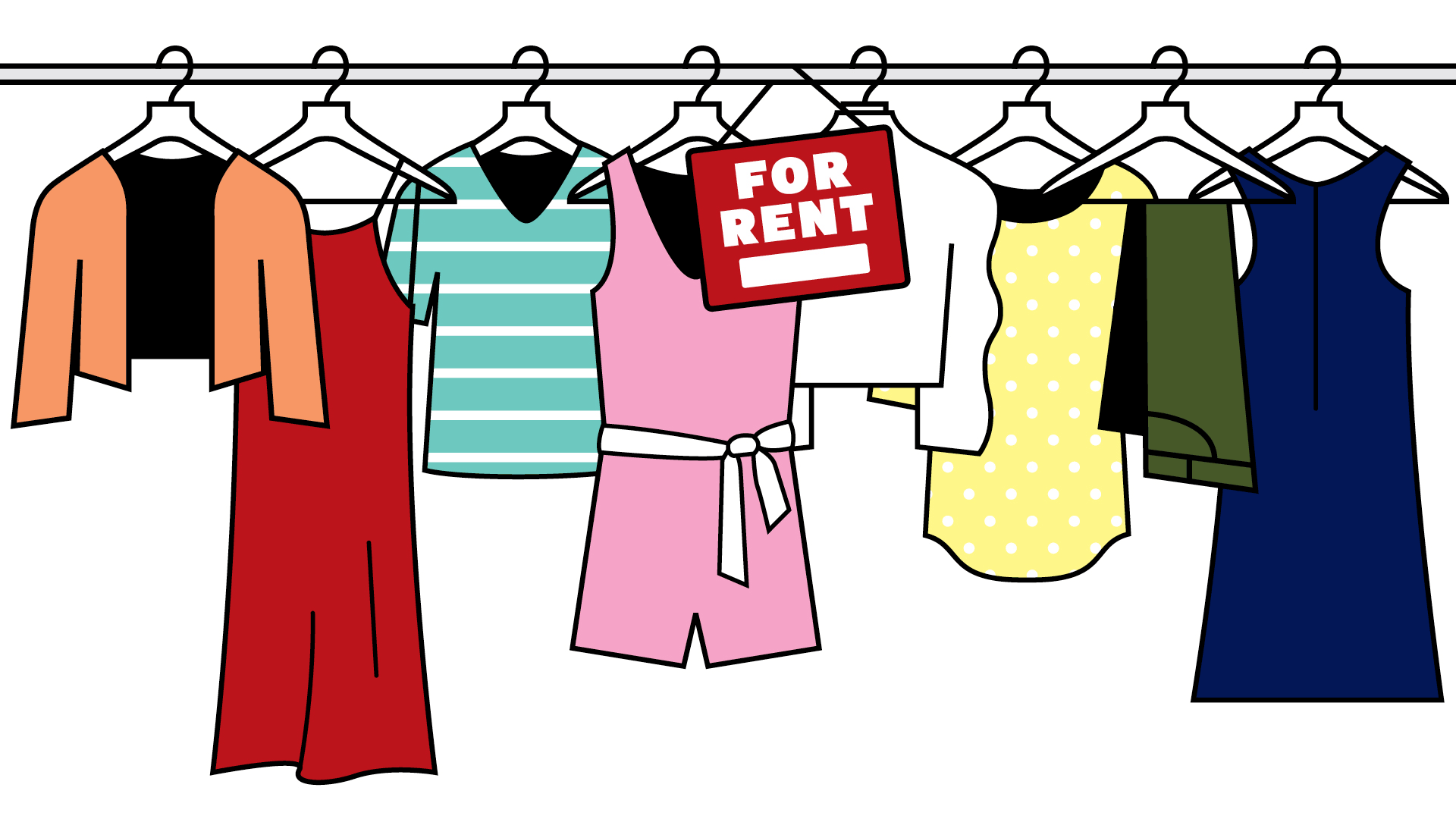- June 19, 2019
- By Carrie Handwerker
A growing number of big-name retailers are getting comfortable with plans to rent furniture or clothing, but it’s not clear who’s really sitting pretty.
Earlier this year, Swedish furniture giant Ikea announced a rental plan as part of a pledge to go green. West Elm is gearing up to rent bedding and other home textiles through a partnership with Rent the Runway. Urban Outfitters announced in May a plan to rent clothing. And furniture rental startups Fernish and Feather are expanding and attracting big investments.
All are claiming their efforts are part of a sustainability push aimed at keeping furniture and clothing out of landfills.
But getting people to rent instead of buy their sofas and T-shirts isn’t going to save the Earth, said Rachelle Sampson, associate professor of business and public policy at the University of Maryland’s Robert H. Smith School of Business. Instead, she suggested, consumer product companies need to make over how they do business.
She advocates a “cradle-to-cradle” strategy, or circular manufacturing. It requires companies to take back products when consumers are done using them and recycle the components or reuse them to make new products.
“This will lead to a revolution in terms of redesign, keeping stuff out of landfills, and will have a massive sustainability impact,” she said.
According to a recent EPA report, nearly 9.7 million tons of Americans’ furniture and soft furnishings, and another 8.2 million tons of clothing and footwear ended up in landfills in 2015.
Companies are starting to put circular manufacturing into practice in limited ways. In April, Adidas announced it will start manufacturing a running shoe that, at the end of its usable life, can be returned to the sportswear maker to be remade into new shoes. Interface FLOR, which makes modular carpet tiles and flooring, takes back used carpet and recycles it into new carpet tiles. Office furniture maker Herman Miller makes some chairs whose components can all be reused, composted or fully recycled, with nothing ending up in landfills.
Adventure clothing maker Patagonia, meanwhile, will take back and recycle all its textiles.
Still, the reality is these efforts are such a small part of the market, they aren’t having any noticeable impact on landfill volume, Sampson said.
Right now, companies lack significant incentive to change their practices, because most don’t bear the waste removal expenses of used products. “It’s going to take some pressure from an outside force, whether it’s consumer pushback or government regulations, to make companies take products back and dispose of them themselves,” she said.
If companies change their practices, people could take real environmental action by just buying less, Sampson said. And that could be part of the motivation behind companies introducing rental programs.
“If people start really taking seriously reduction of consumption, because it’s bad for the environment, then that hurts these manufacturing companies,” she said. “If instead, you have an option to rent, then it provides a more consistent income stream for the firm and they don’t have to worry that consumers are just not going to update their furniture as often. Consumers will be on this rental agreement and as long as they need a sofa, they’ll be paying the firm.”
Still, Sampson is skeptical that the new rental programs themselves will have much of an environmental impact.
“But it’s an initiative they can point to: experimenting with different business models. I think that’s fine. It’s often the first step to these other, more meaningful sustainability measures.”
Topics
Research